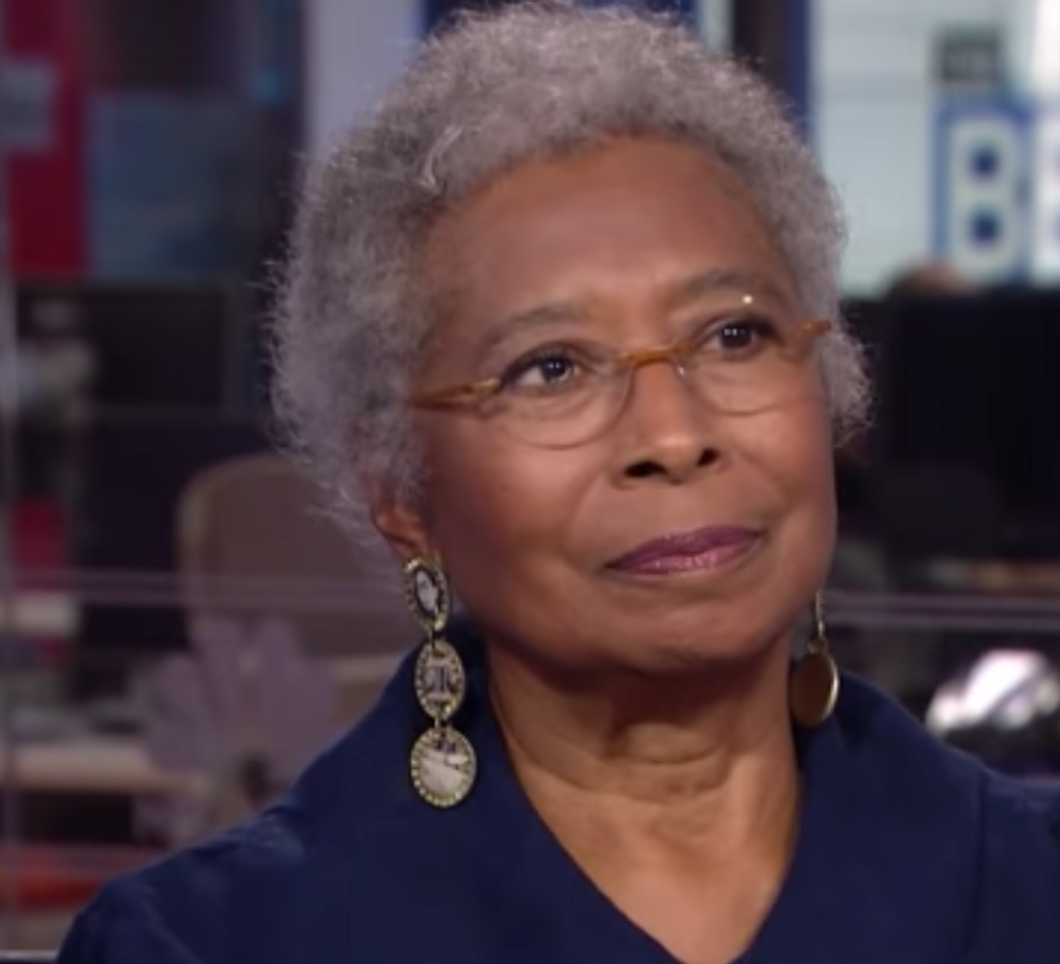In honor of Black history month, I felt it necessary to turn back to the Black feminist literary canon for a bit of review. One of the many greats that come to mind is Ms. Alice Walker. Today, we'll take the time to add her to our February reading list.
Alice Walker is an African American poet, novelist, playwright and activist. She was born in rural Eatonton, Georgia in 1944. She was born to sharecropping parents and was the youngest of eight children. She grew up in the South during the Civil Rights Movement and attended segregated schools. She graduated as the valedictorian of the only black high school available to her in her town. She went on to attend the Historically Black Institution, Spelman College for women, on a full scholarship. She transferred and later graduated from Sarah Lawrence College in New York in 1965.
During her senior year, she had an abortion, which was the inspiration for much of her poetry and prose during her adulthood. After college, she became an editor of the celebrated Ms. Magazine and began publishing novels. Soon she published her most popular works, In Search of Our Mother's Gardens, and The Color Purple, which was later adapted into an award-winning movie and Broadway musical. Today, Walker is a mother to fellow author, Rebecca Walker, and continues to write and give speeches.
In Search of Our Mothers Gardens: Womanist Prose is a prose collection written by Alice Walker in 1983. It is composed of 36 pieces of essays, reviews, articles, and speeches collected by Walker between 1966 and 1982. Alice Walker coins the term womanism in this collection and expands upon her own understanding of feminist theory. She explains womanism as the phenomenon of being a Black feminist or a feminist of color. She expounds upon this definition to describe a womanist as one who loves other women, appreciates women and is committed to the survival of all humankind. The book is separated into three parts: one dedicated to her research of significant Black female historical figures, the second addressing Walker's thoughts and commentary on the Civil Rights Movement, and the third addressing Black women in the context of society through Walker's eyes.Reading In Search of Our Mothers Gardens is truly an experience and it is considered to be a staple text of womanist and Black feminist literature. Alice Walker is remembered as a major figure of the Black feminist literary canon. Her works are used as a textbook for many college courses that deal with womanhood, blackness, and inequalities along intersectional lines. I am honoring her this month for her contributions to African American literature and academia, and you should too.















